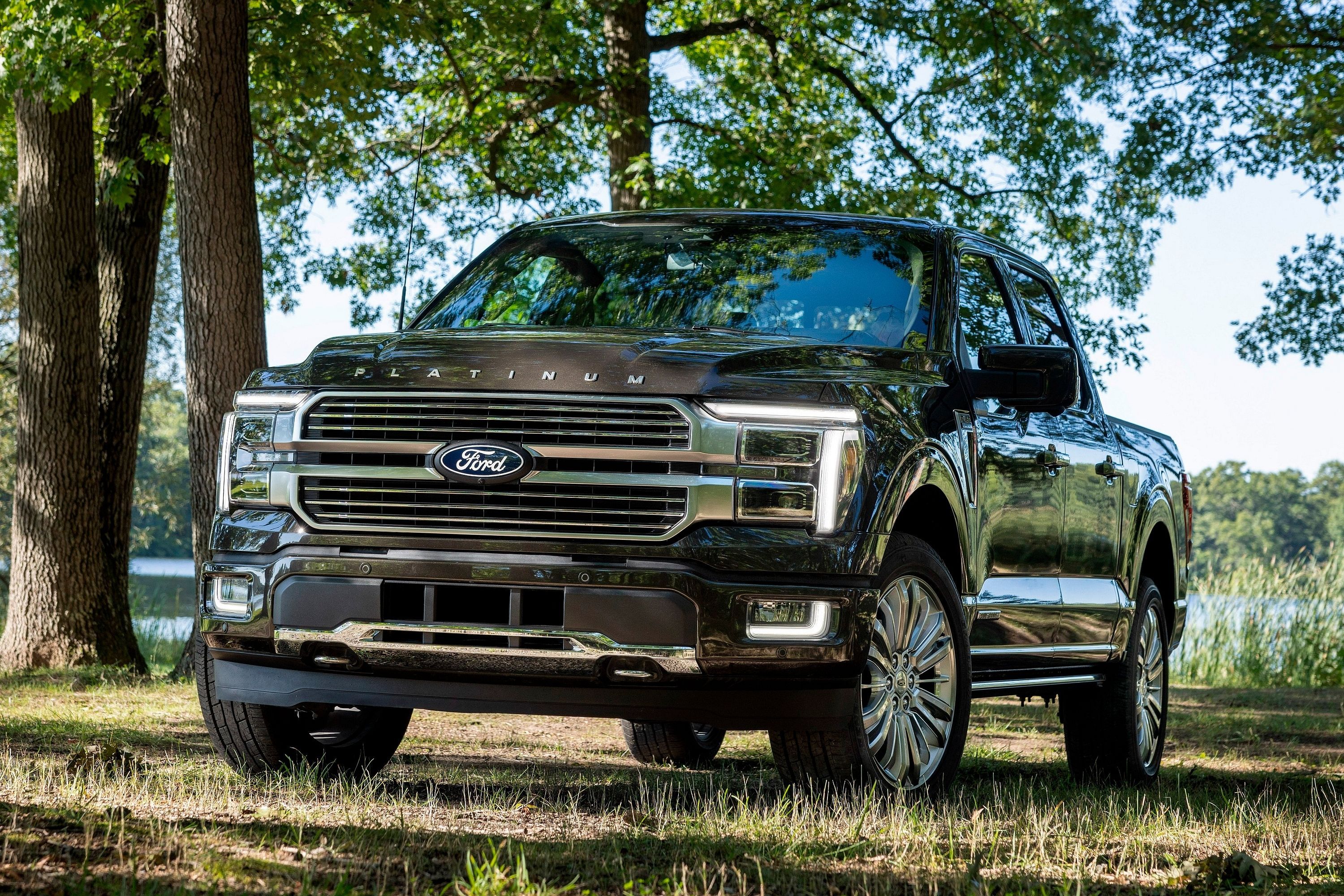
A global shortage of computer chips manufactured in Taiwan is causing chaos in the automotive industry right now, forcing Ford, General Motors, and Tesla to suspend production. General Motors was forced to shut down production at its Kansas plant, where the Cadillac XT4 is built, while the Cami assembly plant in Canada that builds the Chevy Equinox and the San Luis Potosi plant in Mexico were also closed.
Ford's Kentucky plant that assembles the Ford Expedition, Escape, and the Lincoln Corsair and Navigator also shut down. As a result of these closures, earnings at Ford and General Motors could drop by a third according to Automotive News. How can this be prevented in the future?
During a conference call, Ford CEO Jim Farley called for the US to start building batteries to prepare for the onslaught of new EVs launching within the next few years.
"We need to bring large-scale battery production to the US, and we'll be talking to the government about that", said Farley. "We can't go through what we're doing with chips right now with Taiwan. It's just too important."
Currently, many of the semiconductor computer chips in cars that power infotainment systems and driver-assists are manufactured by Taiwan Semiconductor Manufacturing, which is struggling to keep up with the demand.
With Ford launching the first-ever fully electric F-150 next year, Farley doesn't want to make the same mistakes again. Ford has already faced a setback with its South Korean battery supplier SK Innovation, which lost a legal battle after an intellectual property dispute with rival company LG Chem. SK Innovation is not allowed to import batteries to the US for ten years, but can still import components for the next four years that will be used in the plug-in F-150. Farley is hoping the two companies can reach a settlement.
In the meantime, the CEO is urging the US to build batteries to prevent supply issues from disrupting the EV industry again. "This is a huge, multi-solution opportunity," Farley said. "For legacy players, we have to deal with our labor issues, so more in-sourcing is more important to us."
